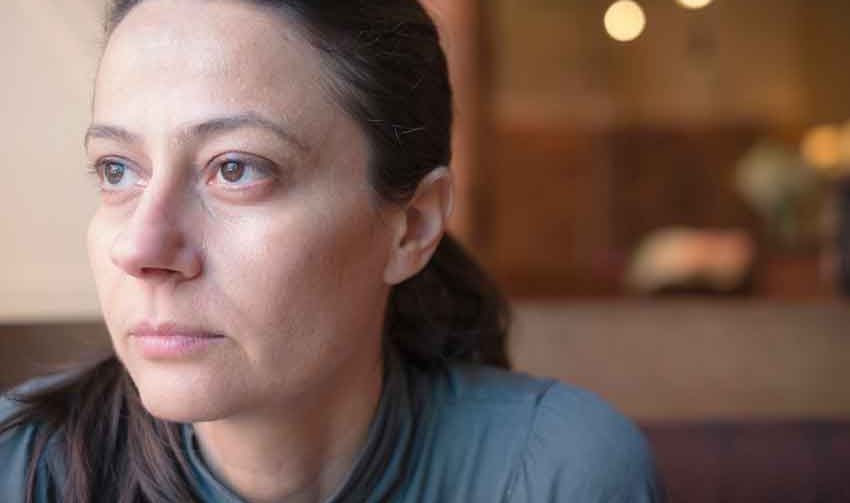Breast Cancer Causes

Several factors combined may trigger normal breast cells to become cancerous. Understanding potential breast cancer causes is key for prevention and a cure.
More than 260,000 women in the U.S. are diagnosed with breast cancer every year, according to the American Cancer Society (ACS). In fact, it’s the most common cancer among American women after skin cancer. Breast cancer occurs when normal cells in your body become malignant, growing out of control and often forming a lump or tumor.
Despite all that’s now known about breast cancer, there’s still no easy answer to the question many women diagnosed with the disease ask: What are breast cancer causes, and why did it develop in me?
There are well-known factors that raise the odds of developing a breast malignancy, but not every woman with a strong family history of breast cancer or other recognized risks ever develops the disease. The likely explanation is breast cancer causes are a combination of genetic, hormonal, and environmental factors, according to breast cancer experts at the National Institute of Environmental Health Sciences.
YOU MIGHT ALSO LIKE: The Many Types of Breast Cancer
The genetic link to breast cancer causes
DNA is a long molecule found in the nucleus of cells. It encodes the genetic instructions for normal cell function. You can acquire DNA mutations from your parents or acquire them from something in the environment, sometimes having a negative impact on health. Scientists have found both types of DNA mutations are involved in breast cancer causes.
Certain inherited DNA changes are known to increase your risk for breast cancer, the ACS explains. For example, normal BRCA genes (BRCA1 and BRCA2) are tumor suppressor genes, meaning they put the brakes on abnormal cell growth. But inherited BRCA mutations don’t suppress abnormal cell growth, greatly increasing your risk of breast cancer, as well as other cancers. Not every woman with an inherited BRCA mutation, however, will develop cancer, illustrating the complexity of breast cancer causes.
Most DNA mutations linked to breast cancer are not inherited but acquired, taking place over time. Mutated DNA can change genes, resulting in the uncontrolled growth that marks malignant breast cells.
Most breast cancers have several acquired gene mutations. While various environmental exposures to certain chemicals and radiation likely contribute to the mutations, so far the causes of most acquired DNA mutations linked to breast cancer are still unknown.
The role of hormones in causing breast cancer
Although estrogens, a group of female sex hormones, play important physiological roles in both women and, to a lesser extent, men, they have a downside. They are known human carcinogens, according to the National Cancer Institute (NCI), and can increase the risk of breast cancer.
For example, taking hormone replacement therapy containing estrogen and progesterone to relieve symptoms of menopause is linked to a higher incidence of breast cancer.
The NCI points out, however, that research shows a woman’s risk of breast cancer is also related to the estrogen and progesterone her ovaries make, if she has very high levels of the hormones or is exposed to them for an unusually long time if she menstruated early. On the other hand, hormonal changes associated with giving birth can lower the risk of breast cancer.
Exposure to certain chemicals in some plastics, cosmetics, pesticides, and PCBs (polychlorinated biphenyls) that have estrogen-like properties may play a role in breast cancer causes, too, according to the ACS.
Lifestyle factors are linked to breast cancer causes
While researchers continue to unravel the specific causes of breast cancer, they have documented certain risk factors.
Of course, having a risk factor doesn’t mean you will ever develop breast cancer, the Centers for Disease Control and Prevention (CDC) points out, and not all risk factors have the same impact.
You cannot control a few risks, like being 50 or older or having dense breasts. But you can be proactive in other ways to lower your breast cancer risk. Even women at high risk due to BRCA gene mutations can consider prophylactic mastectomies to dramatically lower their breast cancer risk.
These lifestyle factors are ways women can take action to help reduce breast cancer, according to the CDC:
- Make regular exercise part of your life. Women who are not physically active have a higher risk of breast cancer.
- Get and keep weight under control. Women middle-aged and older who are overweight or obese are more likely to develop breast cancer.
- Breastfeed if you’re expecting a baby. Nursing your baby can lower your breast cancer risk.
- Drink alcohol at a modest level, or not at all. Studies show that a woman’s risk for breast cancer increases along with the number of alcoholic beverages she consumes.
Updated:
May 03, 2023
Reviewed By:
Janet O’Dell